Home wisteria: features and rules of growing
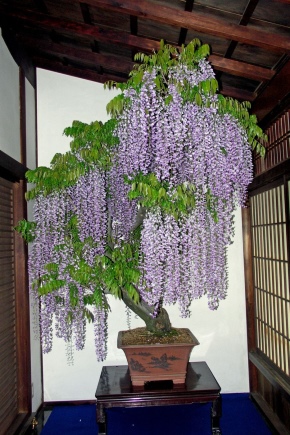
In almost every apartment or private house, you can see indoor flowers, which are an integral part of the design of the room. Today there are no problems with the choice of plants, because on the modern market there is a wide and varied selection of all kinds of flora representatives, each of which is unique both in appearance and in the characteristics of cultivation. This article will focus on an incredibly beautiful flower called wisteria. Let's talk about how to properly grow it at home and take care of it.
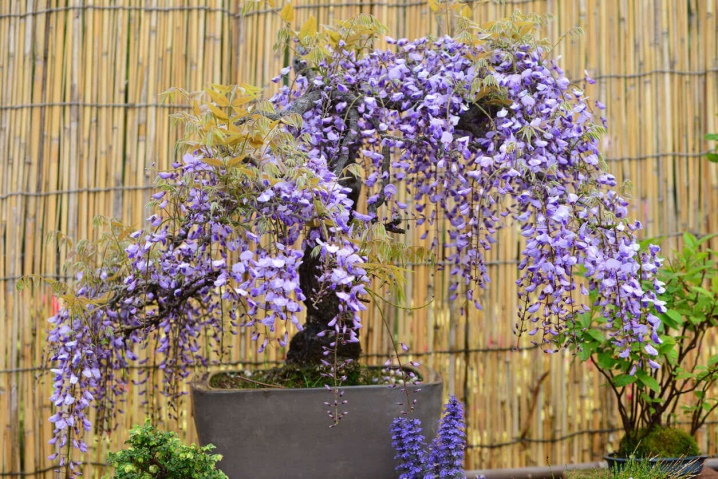
Peculiarities
Wisteria (wisteria) is a tree-like flowering deciduous vine with hanging branches. It is popular and in demand among both amateur and professional flower growers. This is due to the fact that this plant is extremely beautiful, especially during the flowering period. It is characterized by:
- up to 20 meters high;
- unpaired leaves, the length of which can be 40 centimeters;
- the length of a bunch of flowers can reach 50 centimeters;
- long flowering period - from March to September;
- a variety of colors.
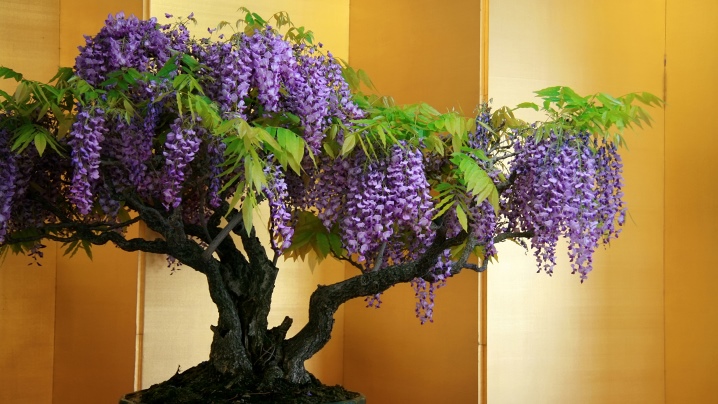
Wisteria belongs to thermophilic flowers and does not tolerate cold weather.
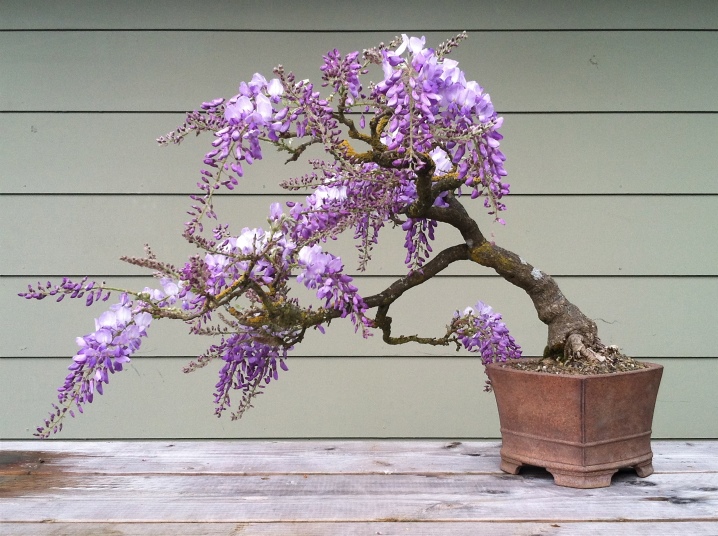
Views
This dendroid climbing plant belongs to the legume family. The number of its species is small: there are 9 in total. Initially, wisteria was not grown on the territory of Russia, since the climate characteristic of our country was not suitable for the plant. But nothing stands still, and thanks to the intensive work of experienced breeders, varieties were bred that can withstand subzero temperatures. Let's take a look at the most popular types that can be grown at home.
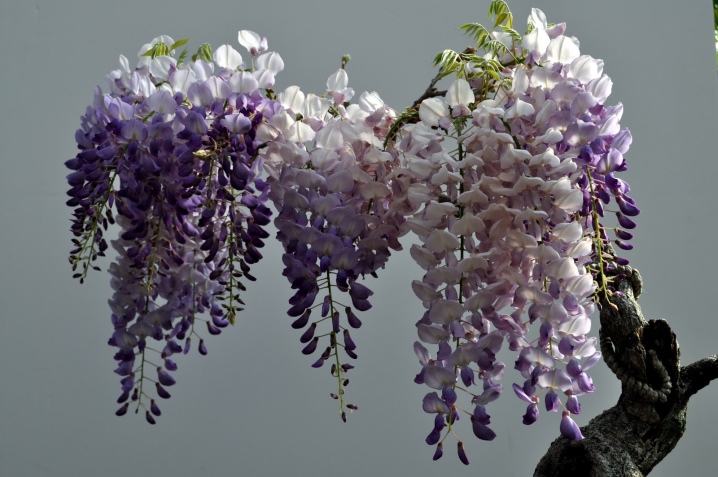
- Chinese wisteria Blue Sapphire ("Blue Sapphire"). It is a leafy liana, which can reach a height of 20 meters, and is quite frost-resistant. The variety is characterized by large leaves, pale purple flowers, the length of which can be 30 centimeters. This species is characterized by rapid growth, so it is advisable to prepare supports in advance. The flowering period lasts from August to September.
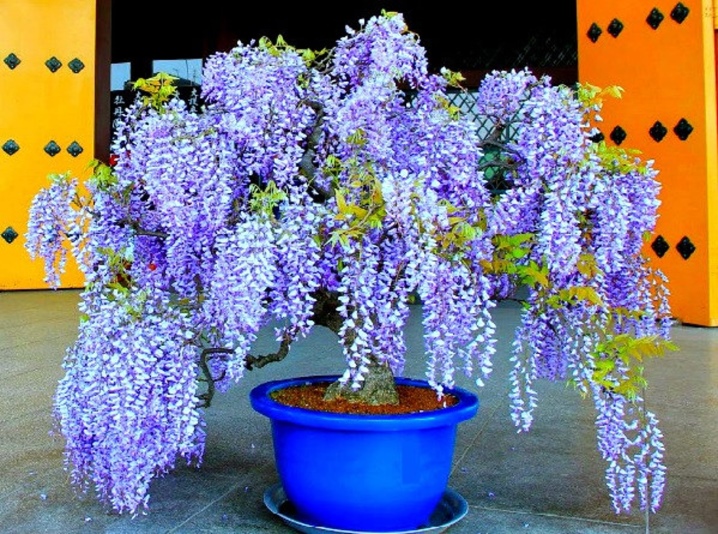
- Wisteria Alba ("Alba"). This is a decorative perennial deciduous liana, the length of the shoots of which is up to 25 meters. The plant blooms very profusely. Differs in the snow-white color of the bunches. A hybrid of this species was bred in a pink shade. It blooms 2 times - the first time in the spring, the second time in the summer.
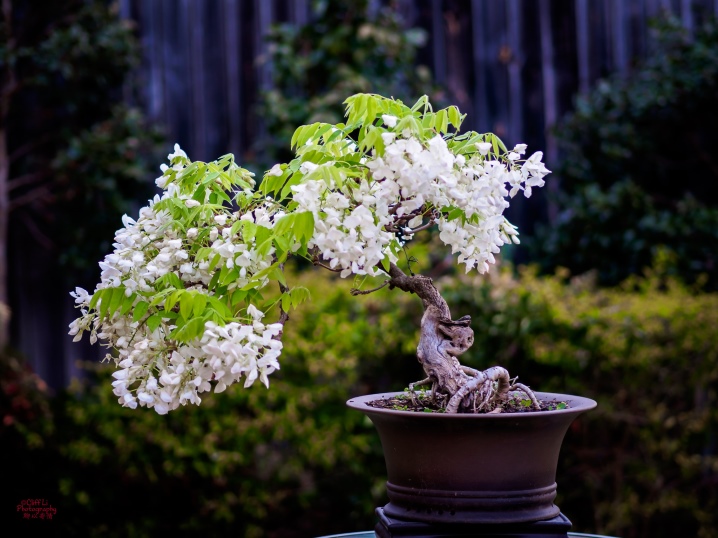
- Wisteria Wisteria floribunda ("Wisteria floribunda"). It is a small plant. If properly cared for, its height can reach 10 meters. It is abundantly covered with leaves up to 40 centimeters long. The flowering period is from March to May. If you follow the rules of cultivation, then you can see another flowering, which will come in July and will last until August.
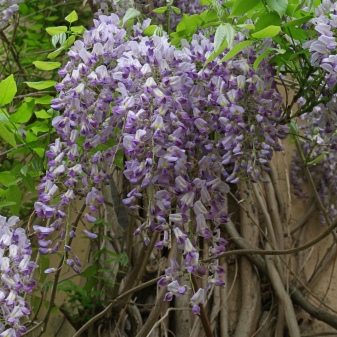
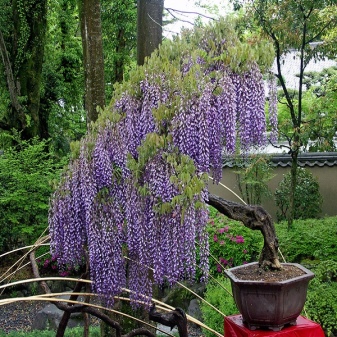
- Wisteria Macrostachya ("Macrostachia"). The homeland of this type of wisteria is considered to be North America. The plant is characterized by dense and large flowers. On the basis of this variety, a new type of wisteria was bred, which was named Blue Moon, later the species became very popular and often grown.
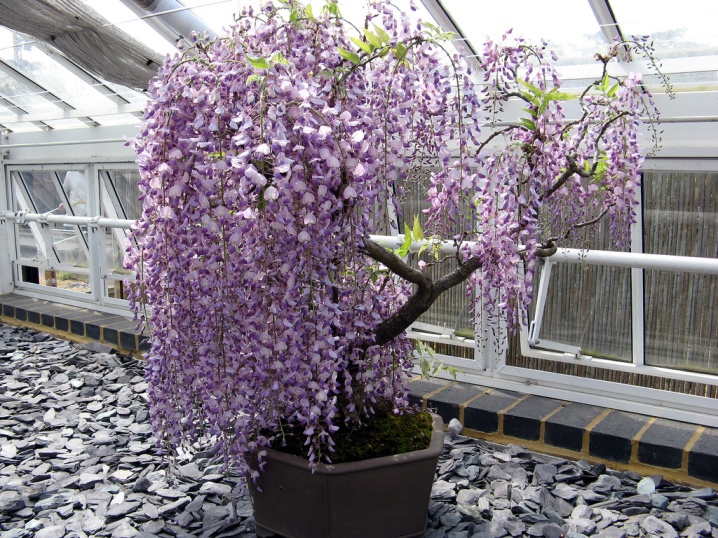
- Wisteria Blue Moon. This is a hybrid that is suitable for growing in the middle lane. This is due to the fact that the variety is very frost-resistant and can withstand temperatures even - 40 ° C. Wisteria Blue Moon is a tree-like deciduous liana up to 8 meters high. Vine flowers are cone-shaped and blue-purple in color.
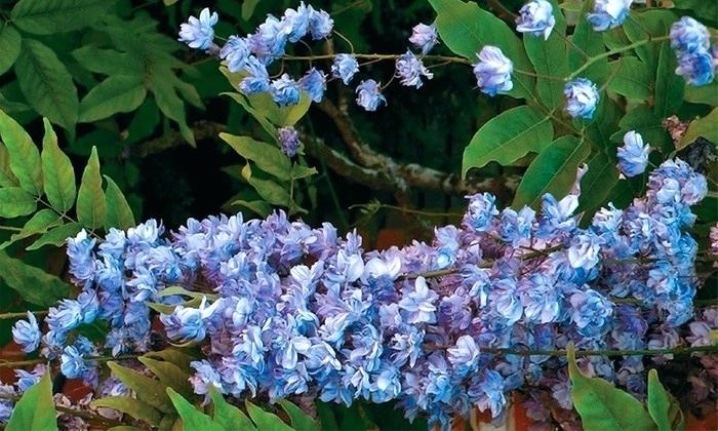
- Indoor wisteria. Most commonly grown indoors.This is due to its size, compactness and the ability to give the flower any shape ..
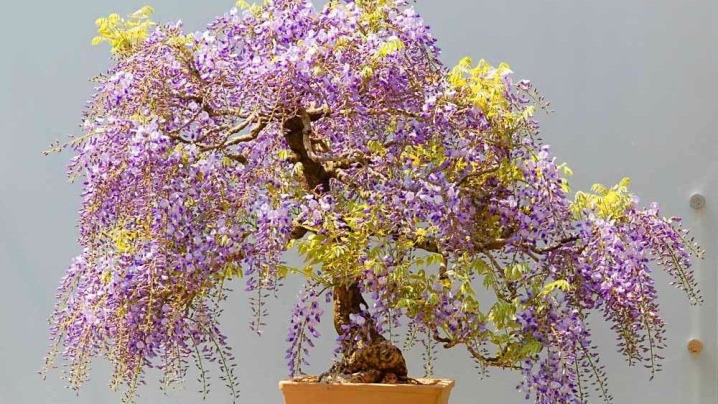
- Wisteria bonsai. Today this is a very popular houseplant - a dwarf tree, which will become a real decoration of any apartment.
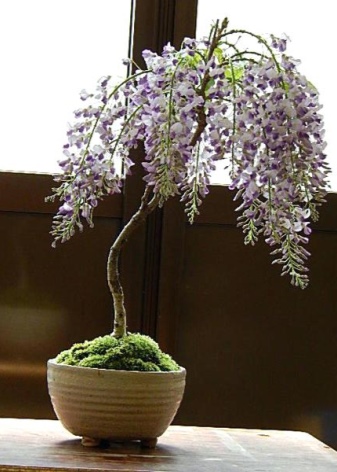
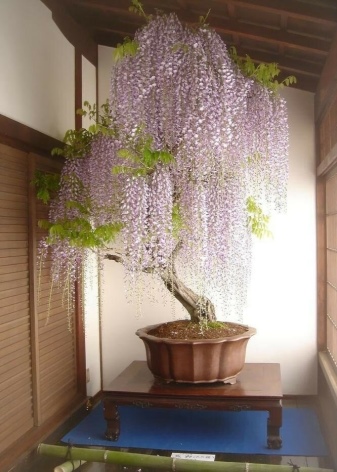
In addition to the above, there are also other types of wisteria. All of them are characterized by beautiful flowering of various colors. Almost any variety can be used as a houseplant, all that is needed is to simply shape the plant into a bonsai tree and prune it in time.
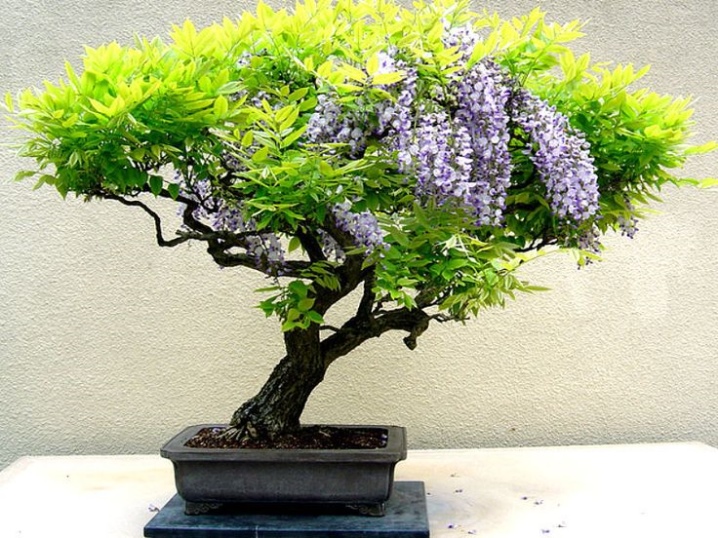
Reproduction methods
If you have decided that it is wisteria that should decorate your home, you need to familiarize yourself with the information on how you can grow a plant. So, it is possible to propagate it by cuttings. With the arrival of autumn, you need to choose a thick stem and divide it into cuttings. They are placed in a cold and damp room, such as a cellar, until spring comes. And only after the arrival of spring, the cuttings are planted in a special box or pot.
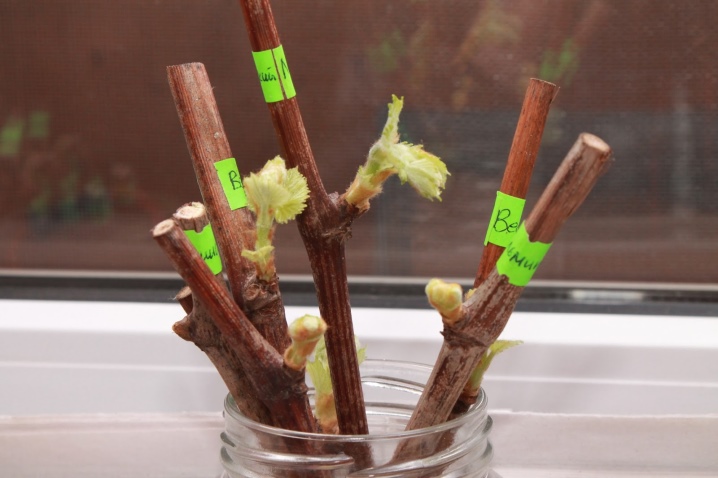
Of course, if there is no way to buy a cutting, then the flower can be grown from seed... The wisteria cultivation process should start in November. The first step is to prepare the soil from leafy earth, turf and river sand. Planting should be carried out in a special container, which will definitely need to be placed in a dark place after planting the seeds. After a month, they will begin to sprout. When the first leaf appears on the stem, the seedling must be transplanted into a separate container and watered.
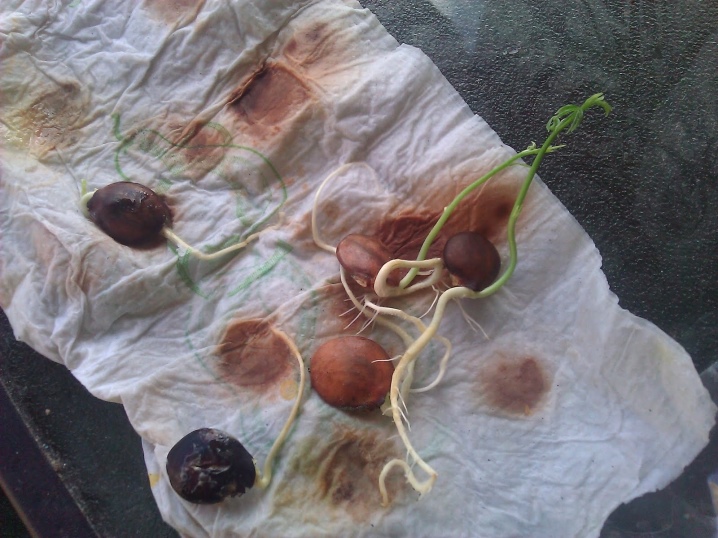
You need to buy seeds only in a specialized store. Give preference to well-known manufacturers whose products are of high quality and are in demand. Before planting seeds, read the information on the original packaging.
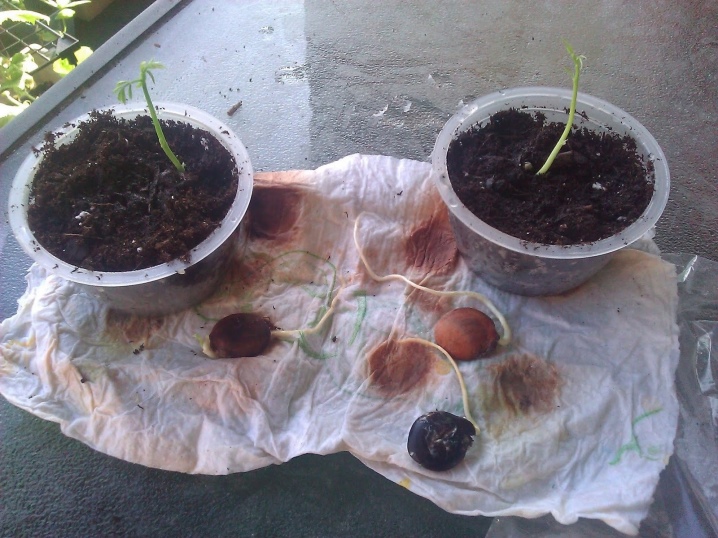
Planting and leaving
Wisteria, like any other plant, must be properly looked after. So, growing wisteria, the following rules must be observed.
- Landing. The soil in which the flower is planted must be fertile and fertilized. Since the root system is not very large, there is no need to take a voluminous container.
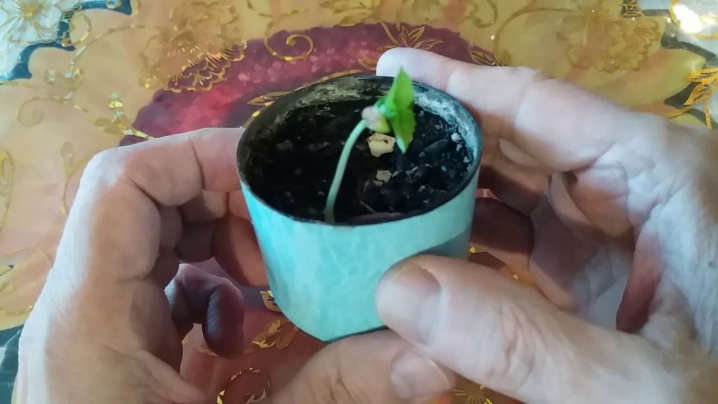
- Glaze. Wisteria does not like water very much, so watering should be moderate and not very abundant, once a week is enough and 2 times during the growing season. When it is hot outside and in the room where the flower is located there is arid air, it is advisable to spray the plant with warm, settled water.
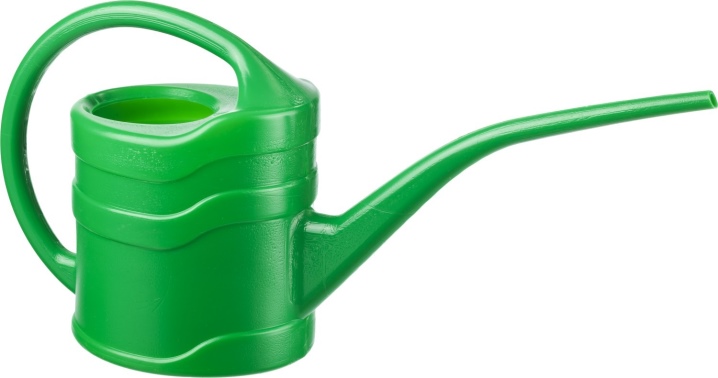
- Temperature regime. This is a thermophilic plant that needs sunlight and drafts are categorically contraindicated. In winter, you need to protect the plant and prevent a draft from blowing on the wisteria.
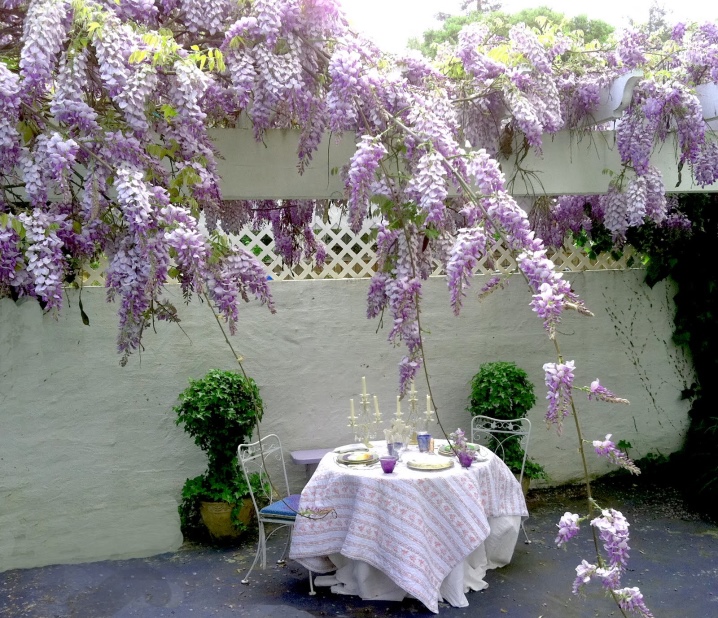
- Top dressing. It is necessary to fertilize the liana only during the growing season, when buds begin to form and flowering appears. Both mineral and organic additives can be used as fertilizers.
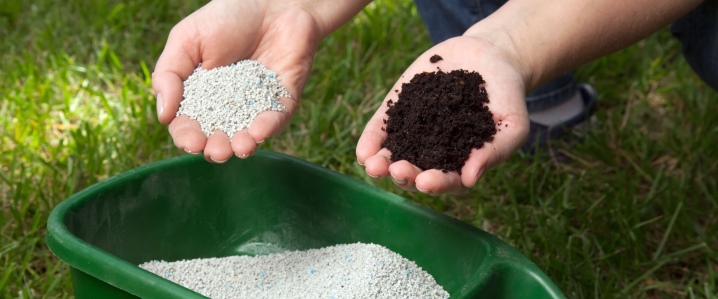
- Pruning. Wisteria grows very quickly. Cut it off so that many buds form on the flower or when you need to give it the necessary shape.
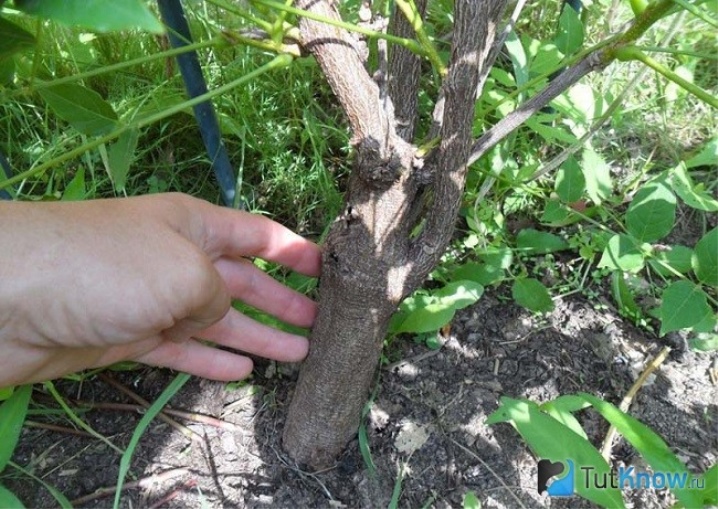
So, if wisteria is grown according to all the rules, the flower will feel comfortable and will delight the eye for a long time.
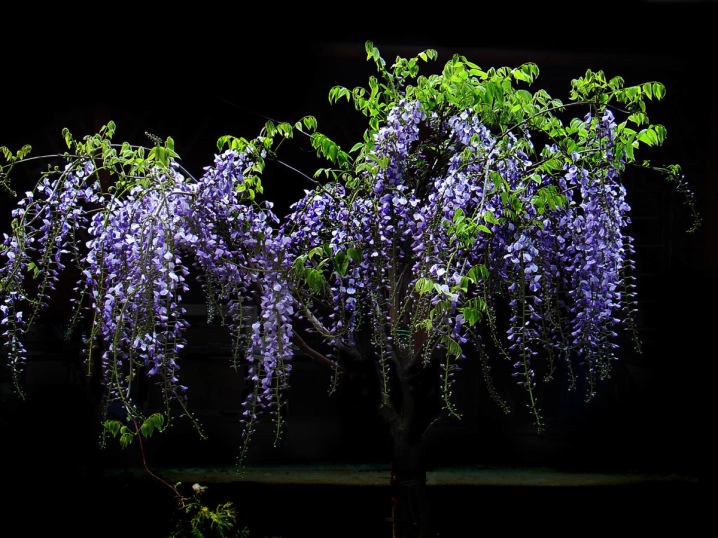
Diseases and pests
Wisteria is a poisonous plant, which is why insects almost never attack it. If the plant is attacked by insects, it may be the following pests.
- Caterpillar - she eats green leaves. It can be eliminated either by hand, just collect or spray the flower with special preparations.
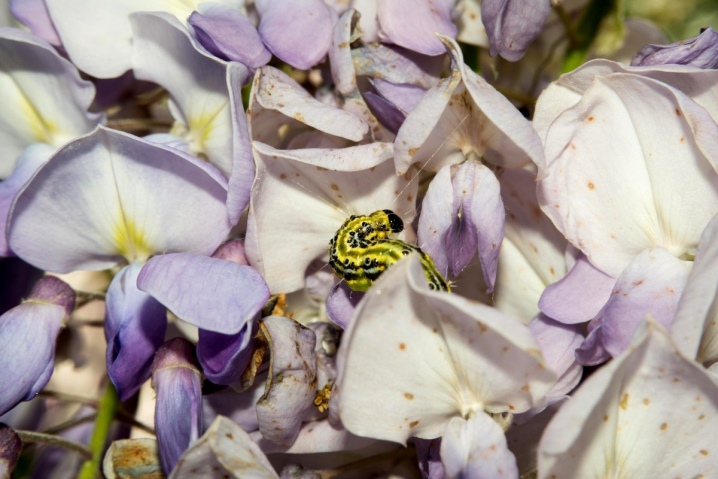
- Aphid - when this pest appears, the foliage begins to dry, and the branches bend. To destroy aphids, it is necessary to use modern drugs that are sold at specialized points of sale.
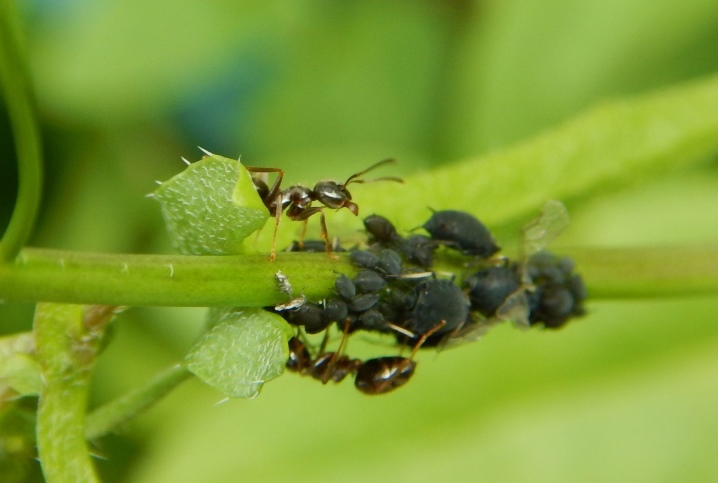
- Pliers - it is quite difficult to notice them, it is necessary to carefully monitor the condition of the leaves on the plant. You can also use special preparations to combat the pest.
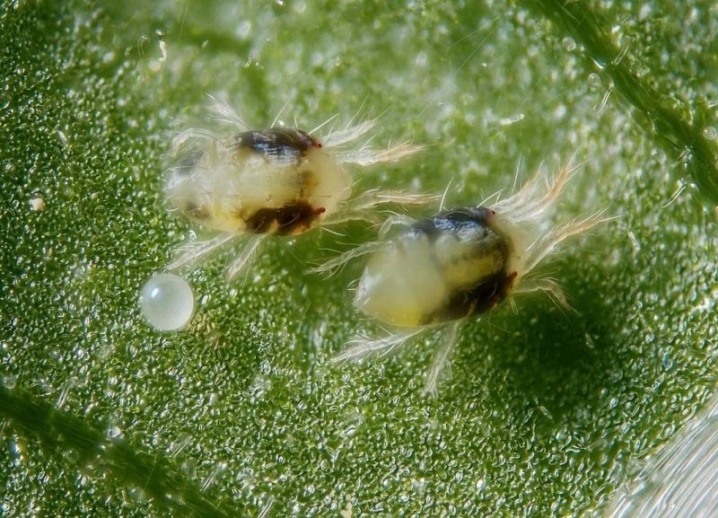
As for diseases, the plant suffers from them quite often, since it does not have a very stable immunity.
- Powdery mildew. This is a fungus that completely covers the leaves with a white coating. Further, the foliage dries up and falls off. Fungicides - special preparations that can be bought in nurseries or pharmacies - will help to cope with the disease.
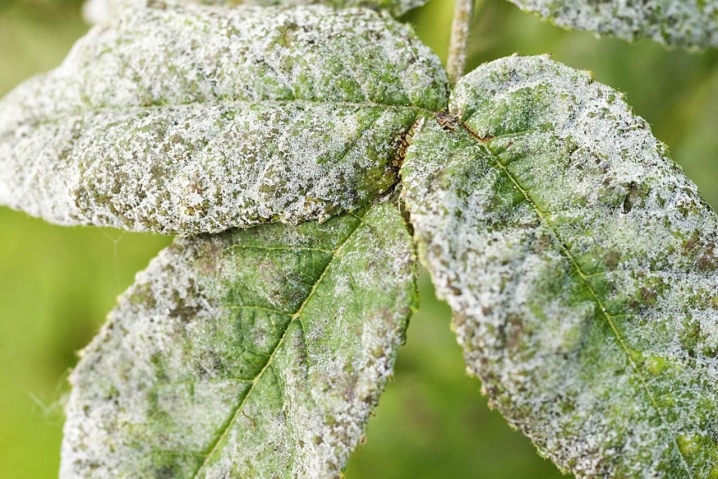
- Chlorosis. This disease manifests itself if the plant lacks iron. You can find it by looking at the foliage - it becomes yellow. In order for the disease to recede, the flower must be fertilized with a drug that contains iron.
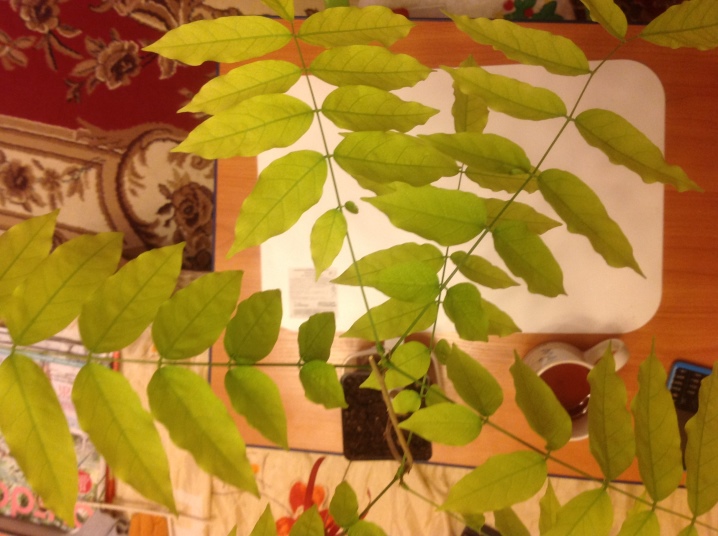
Wisteria is a versatile plant that can be kept not only indoors, but also on the balcony, and also used in landscape design. For example, you can create a beautiful floral arrangement, disguise an unsightly building or structure, decorate a gazebo, or create a hedge.
You can learn more about homemade wisteria in the video below.




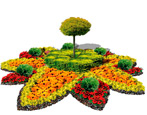
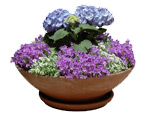
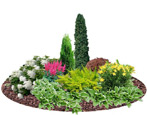
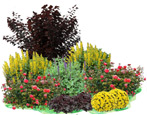
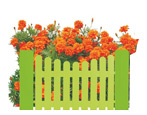
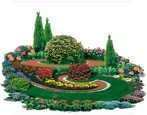
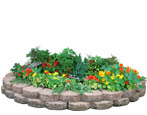
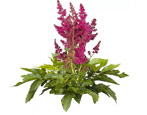
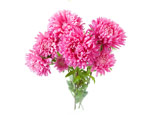
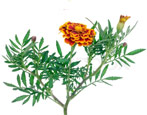
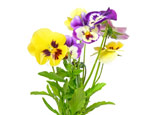
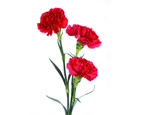
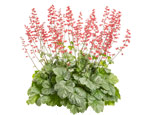
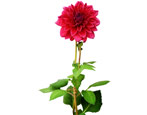
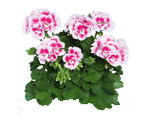
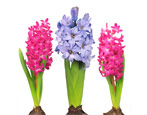
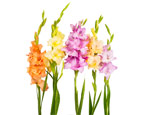
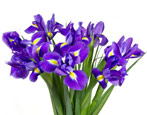
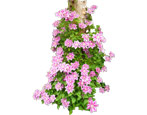
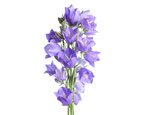
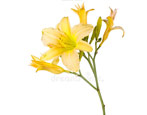
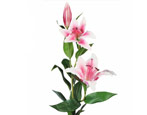
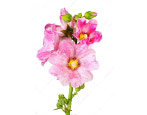
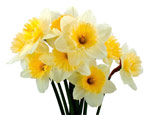
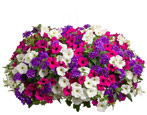
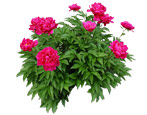
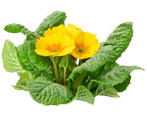
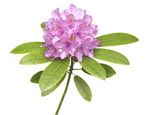
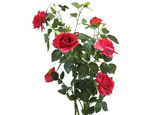
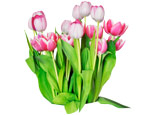
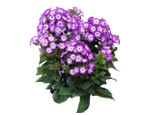
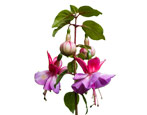
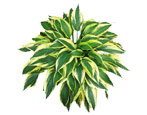
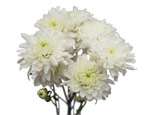
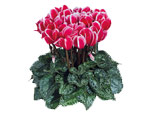
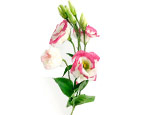




























































The comment was sent successfully.